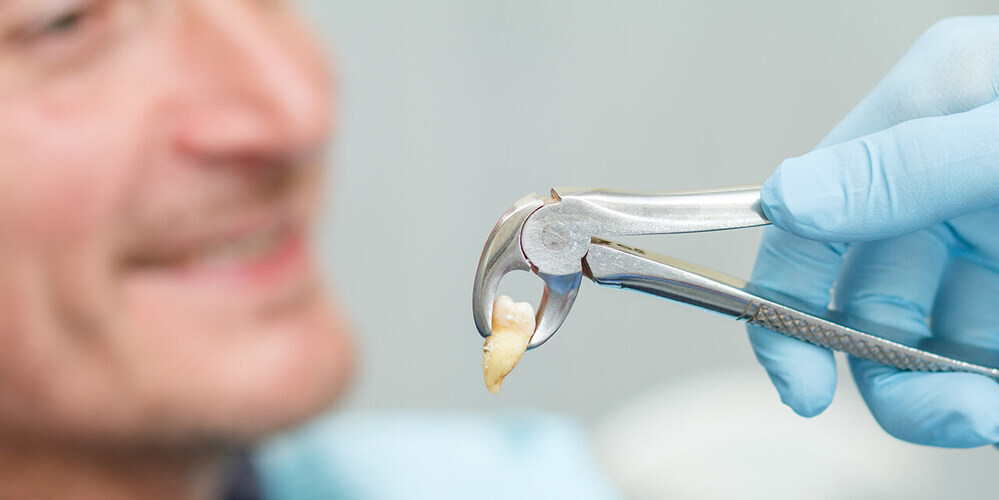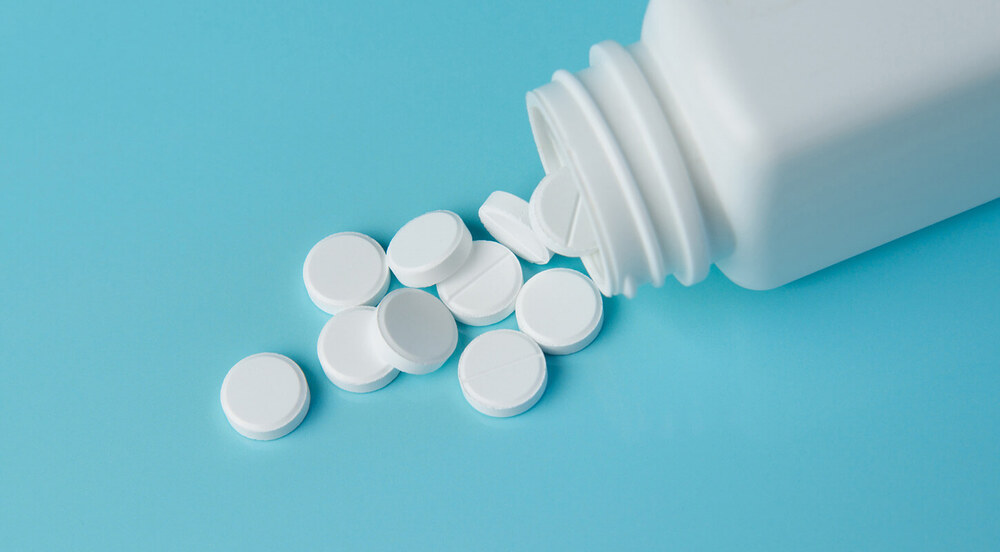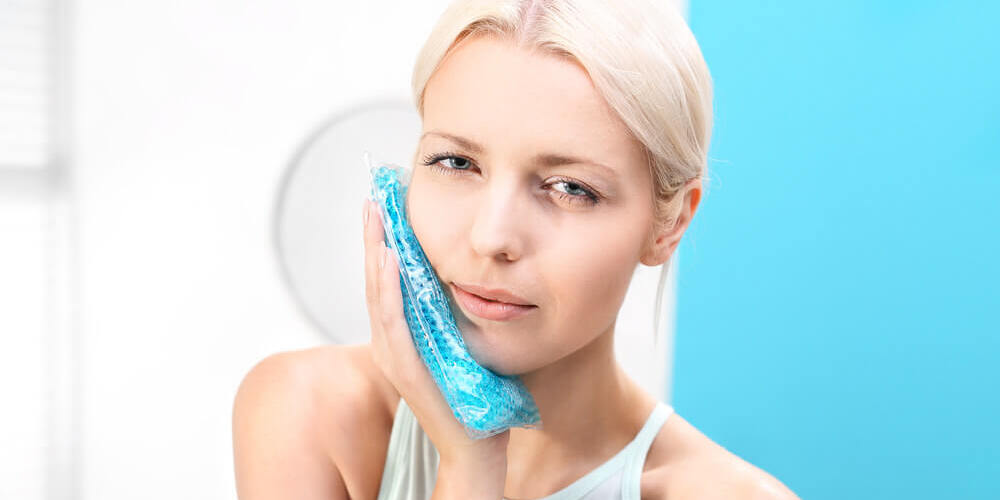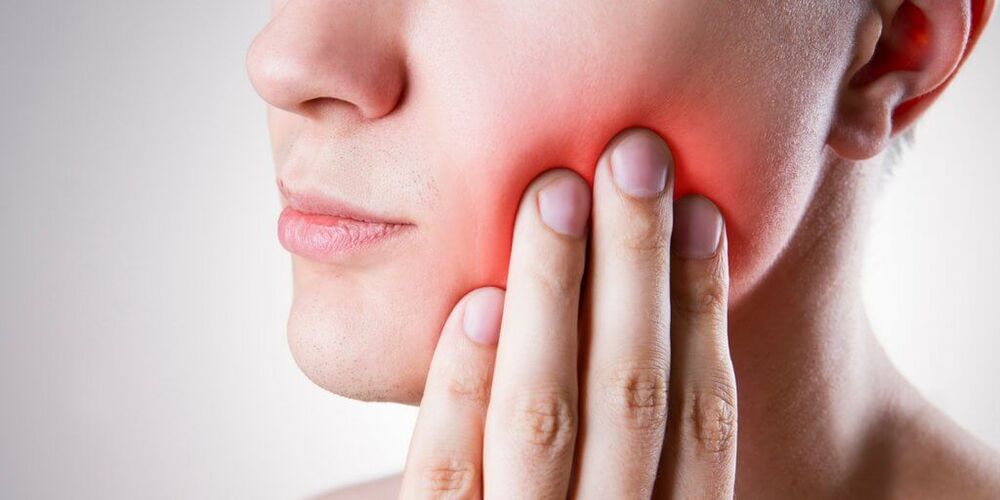
What Shouldn’t Be Done After Tooth Extraction?
Tooth extraction is one of the frequently encountered procedures in dental and oral health. There are several precautions that should be observed immediately after undergoing such procedures.
Knowing what to do or what not to do after your tooth is extracted is crucial to reduce the risk of infection, accelerate the healing process, and prevent complications. Here’s what you should pay attention to after tooth extraction:
- Do not immediately remove the gauze pad from your mouth. You need to bite down on it for 20-30 minutes. If necessary, the gauze in your mouth can be replaced with a clean one.
- For the first hour after extraction, swallow the saliva in your mouth. Failure to swallow saliva or spitting it out frequently can disperse the blood clot in the extraction socket, causing complications.
- Do not rinse your mouth after tooth extraction. Rinsing prevents the formation of a blood clot in the extraction socket and delays the healing of the wound.
- It is normal for light bleeding to continue for 6 to 24 hours after extraction. This is generally nothing to worry about. However, if the bleeding is excessive, consult your dentist.
- Pain is likely to occur after the procedure. You can use a non-aspirin painkiller for relief. Taking the painkiller before the numbness wears off will help you feel more comfortable.

Using aspirin after tooth extraction makes it difficult to stop the bleeding in the area.
- Steer clear of aspirin and similar blood-thinning medications, as they can increase bleeding.
- Do not consume excessively hot food and drinks after extraction.
- Taking a hot shower after extraction is not advisable.
- Do not eat anything until the numbness has worn off. The most frequent issue is injury to soft tissue (like biting your tongue or lip) due to eating while still numb.
- Absolutely refrain from smoking for 24 hours after extraction. The healing of post-operative wounds may be delayed due to cigarette smoking and may even fail to heal in rare instances.
- Abstain from alcohol consumption for a period after extraction.
- You may continue with your normal oral care but avoid touching the affected area with your hand.
- If your tooth was extracted through surgical operation or if stitches were made, schedule an appointment for stitch removal and check-up one week later.
- Teeth are connected to the jawbone. After a tooth is pulled, the bone is exposed. This bone is filled with a blood clot and is covered by the gums. The shape of this jawbone will eventually resorb over time. Patients often think that the area feels sharp or that a piece of tooth root has been left behind, prompting them to visit the clinic. This usually goes away over time.
- If you experience facial swelling, lingering pain after extraction, bleeding that lasts more than 24 hours, or a bad taste and odor in your mouth, consult your dentist immediately.
How to Take Care After The Operation?

Applying a cold compress after the extraction prevents swelling in the face.
- To prevent facial swelling after tooth extraction, you can apply a cold compress for the first 24 hours. This can mitigate both pain and swelling.
- For the cold compress, you can use an ice pack or cold gel packs. Wrap the ice pack in a cloth and hold it against the extracted area for 10-15 minute intervals.
- Continue brushing your teeth after tooth extraction and make a mouth rinse or gargle with warm salt water.
Will There Be Pain After Tooth Extraction?
- It is completely normal to experience pain after tooth extraction. The pain can be managed with a non-blood-thinning painkiller.
Smoking After Tooth Extraction
- One of the most frequently asked questions is this. Smoking is absolutely not recommended after tooth extraction. Smoking can impede the healing process of the extraction wound and can cause infection.
Eating After Tooth Extraction
- It is not advisable to eat until the numbness has worn off. If you absolutely have to eat, you may do so one hour after the procedure.
- For at least 24 hours after the extraction, you should consume soft foods and liquids. Foods should not be too hot or spicy. Also, for the first three days, avoid eating foods like rice and bulgur that have grains which might get lodged in the extraction socket.
- Foods like soup, yogurt, mashed potatoes, and pudding should be preferred for the first three days.
Pain in the Adjacent Tooth

Pain may occur in the teeth adjacent to the extracted tooth.
- It is common for the adjacent tooth to experience pain after an extraction. This can happen because it may have come into contact during the extraction process. There’s usually no cause for alarm as this pain will typically disappear on its own. However, if it persists or worsens, consult your dentist.
Note: This is a general guideline and should not replace medical advice from a healthcare provider. Always consult your healthcare provider for personalized care.
